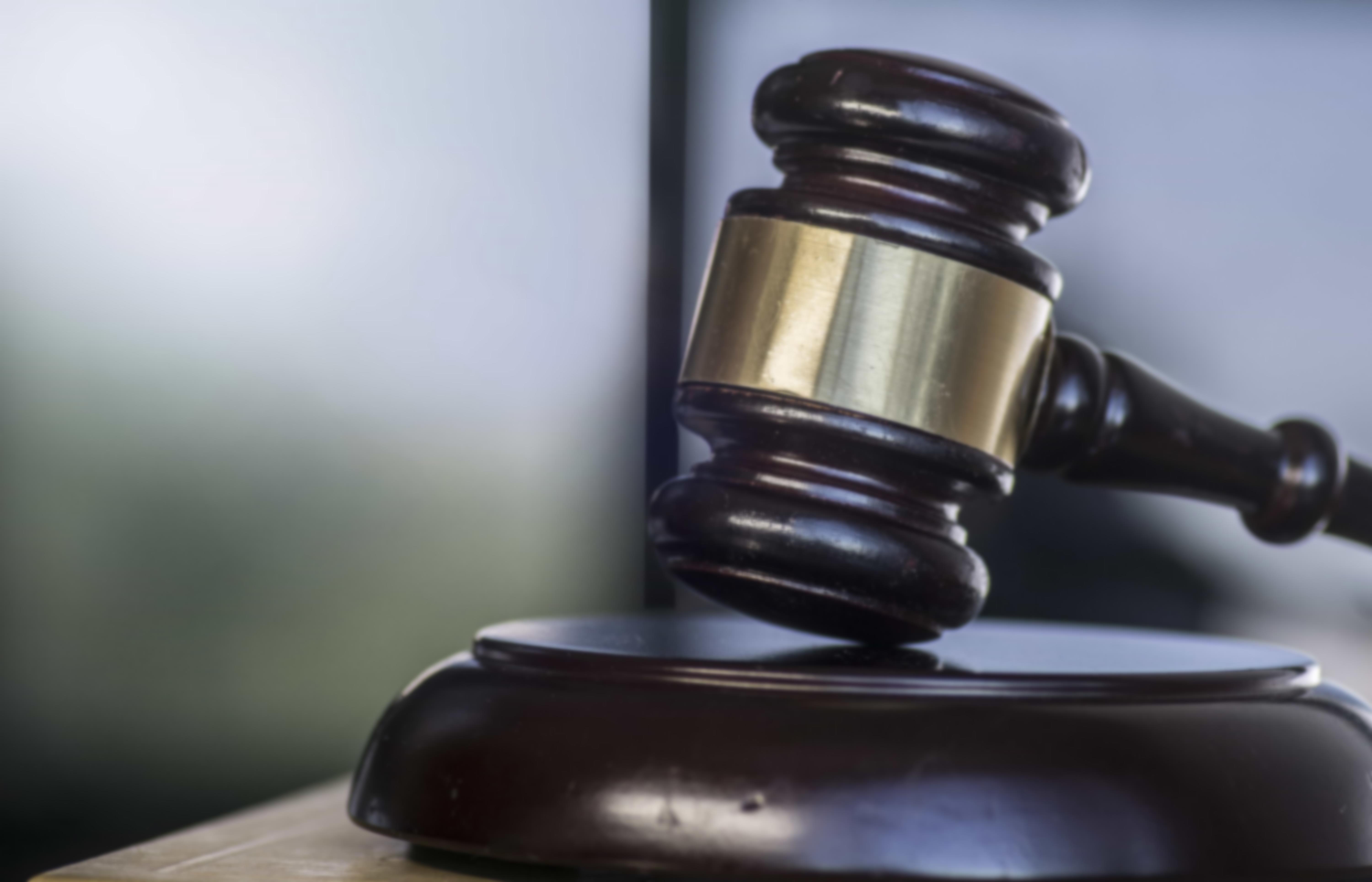- Be inconsolable
- Refuse to nurse or eat
Again, parents should ensure their child sees a healthcare professional for evaluation and any necessary medical treatment to ensure they aren’t left with lasting impairments if they indeed have a brain injury. Early intervention and developmental monitoring are key components in pediatric TBI cases, facilitating better healthcare outcomes.
How Brain Injury Symptoms Progress in Albuquerque Patients
According to the Brain Injury Association of America, the symptoms someone who has suffered a brain injury experiences generally develop over time. While some brain injury symptoms may be immediately apparent, others may not be noticed for days, weeks, or months after the injury occurred. Ongoing assessment by healthcare providers is crucial for managing these conditions effectively.
Categories of Brain Injury Symptoms
Traumatic brain injury symptoms usually fall into four categories, including:
Thinking or Remembering
In regard to the thinking or remembering (cognitive) category, a traumatic brain injury patient may:
- Feel slowed down
- Have difficulty thinking clearly or concentrating
TBI patients may also have trouble remembering new information (experience memory loss). These cognitive challenges can affect daily living and may require occupational therapy to develop new coping strategies and improve functioning.
Emotional or Mood
Thinking or remembering (cognitive) challenges may lead to the emergence of emotional symptoms, including:
- Irritability
- Sadness
- Anxiety
Physical
An Albuquerque injury victim may experience:
- Headaches
- Nausea
- Dizziness
- Sensitivity to noise or light
- Balance problems
- Lethargy
These physical symptoms can necessitate further testing and collaborative care plans involving neurologists, physiatrists, and other specialists to better target treatment approaches. Our Albuquerque, NM accident lawyers often see where our brain injury clients have to contend with physical pain associated with blunt force trauma, both to their heads and throughout the human body.
Sleep
Individuals who’ve suffered brain damage may sleep more or less than usual or have trouble falling asleep, which can influence recovery rates and require sleep studies or interventions by sleep specialists to address.
The Short and Long-Term Effects of Traumatic Brain Injuries
When any of the brain or head injury symptoms above are experienced, it can take quite a toll on the person’s life. A brain injury victim may be unable to work and may experience less enjoyment in their everyday life, affecting both their economic and emotional well-being.
Both economic and non-economic damages may quickly mount, requiring a detailed analysis by financial advisors and mental health professionals to assess and plan for future needs.
Types of Economic Damages in Brain Injury Claims
Economic damages that you may be able to demand compensation for by filing a brain injury claim with an insurance company or by taking a brain injury lawsuit to trial in New Mexico include medical treatment costs and lost income. Individuals might consider consulting with economic analysts to calculate comprehensive damages, including lost future earnings.
Types of Non-Economic Damages in Brain Injury Claims
Our Albuquerque brain injury attorneys at Buckingham & Vega Law Firm often request non-economic damages on behalf of their clients, too. Some examples of non-economic damages your attorney may request in your Albuquerque brain injury case include ones for:
- Mental anguish
- Pain and suffering
- Loss of companionship
A brain injury attorney from our office will want to know more about your incident before advising you on which type of non-economic damages you might be eligible to demand, ensuring that personal narratives and medical testimonies are well-represented.
Overall, filing a personal injury claim against the liable party is important, as it can aid in your recovery by providing the financial means to access necessary resources and support for your healing journey.
Rehabilitation Services & Support for Brain Injury Recovery in Albuquerque
Rehabilitation is a critical component in the recovery process for those affected by traumatic brain injuries. In Albuquerque, there are numerous facilities and programs designed to assist patients in improving their functional abilities. These services often include physical therapy, occupational therapy, and speech therapy. Each of these services is tailored to help individuals regain independence and improve their quality of life while addressing the specific challenges posed by brain injuries.
Local healthcare providers collaborate with specialists to create individualized treatment plans that focus on physical recovery and cognitive and emotional support. Additionally, community support groups offer a valuable resource for both victims and their families, providing a network of understanding and sharing to help cope with the changes brought by such injuries. These collective efforts are essential in promoting recovery and reducing the long-term effects of TBIs.
Legal Considerations for Brain Injury Victims in New Mexico
In New Mexico, brain injury victims must navigate various legal aspects to secure compensation for their injuries. Understanding state-specific laws, such as the statute of limitations, is crucial. This statute restricts the time frame for filing personal injury claims, making it essential to seek legal counsel promptly.
Furthermore, New Mexico follows a comparative negligence rule, meaning that if a victim is partly responsible for their injuries, their compensation may be reduced proportionally. It's vital to work closely with an Albuquerque brain injury attorney who understands these laws and can help gather substantial evidence to support your claim. A thorough understanding of regulations and guidance through these complexities can significantly impact the success of obtaining a fair settlement.
Recovering From a Traumatic Brain Injury
If you think you or someone you know has sustained a potential brain injury, seek medical attention immediately. The sooner you or your loved one is evaluated, diagnosed, and treated for a brain injury, the better your chances are of making a full recovery. Timely interventions and comprehensive care plans can significantly influence recovery trajectories and quality of life improvements.
If you were diagnosed with a mild or moderate brain injury, you’ll likely start to feel better over the course of weeks or months. As you begin to feel better and your brain’s normal function is restored, you can incorporate more activities into your daily routine, following gradual reintroduction guidelines provided by healthcare professionals.
With a severe brain injury, our experience is that it’s possible the patient will need to spend significant time in the hospital. They may need to undergo occupational, physical, and other types of rehabilitative therapies to learn to adapt to their disabilities, aiming for the best possible functional outcomes through targeted intervention strategies.
Almost every Albuquerque brain injury lawyer on our team has heard from our clients that doing the following has been critical to improving their chances of recovering as fully as possible:
- Getting as much rest as possible.
- Not rushing to get back involved in daily activities.
- Avoiding participating in activities, like contact sports, that could cause another blow to the head, thereby preventing potential re-injury that could exacerbate the condition.
- Not driving a car, riding a bike, or operating heavy machinery until they’re cleared by their healthcare professional to do so, ensuring safety and preventing accidents.
- Only taking medications or undergoing treatments approved by their doctors, reducing the risk of harmful side effects or interactions.
- Writing things down if they’re having difficulty remembering them, which can aid daily management of symptoms.
- Reaching out to a physician or another healthcare professional to arrange for help re-learning skills if needed, accessing necessary support services for rehabilitation.
Ultimately, your physician or another medical provider will determine that you’ve reached maximum medical improvement (MMI). That’s the stage at which they believe they’ve done everything possible for you using their skill set to help you reach optimal improvement.
You and your Albuquerque brain injury attorney here at Buckingham & Vega Law Firm will have a better idea of what the injury has and will cost you in the future, both monetarily and in terms of affecting your life, once you’re at MMI.
What To Expect at Your Free Consultation With a New Mexico Brain Injury Lawyer
Individuals who’ve suffered TBIs deserve justice. When it comes to your legal options, our New Mexico legal system allows victims to file insurance claims or civil lawsuits to recover maximum compensation when holding at-fault parties liable for their negligence. This process requires careful consideration of legal steps and potential outcomes, balancing thorough preparation with responsive strategy adjustments.
At your free consultation, an Albuquerque brain injury lawyer from our office will explain the New Mexico legal process, ensuring you understand each stage clearly. Our injury lawyers in Albuquerque will also go over your legal options and potential attorney’s fees in your case, providing transparent insights into the possible financial implications and resource allocations associated with pursuing your claim.
Costs Associated With Handling Brain Injury Claims
Personal injury lawyers like ours generally take most cases on a contingency fee basis. This means that you wouldn’t need to pay anything for our legal representation unless we won an award in your case. There may be court filing costs and other legal fees associated with investigating your claim that you would be responsible for, though. Understanding these nuances upfront helps manage expectations and plan effectively for the legal journey ahead.
How Legal Representation in an Albuquerque Brain Injury Case Unfolds
If you decide to do more than seek legal advice from the attorney you consult with and file an Albuquerque brain injury claim to seek compensation, you can expect the following series of events to unfold:
- You will need to formally establish an attorney-client relationship with your lawyer, setting the foundation for a cooperative working partnership focused on achieving your goals.
- Your lawyer will need to take a more detailed account of your injury incident and investigate it to determine liability, harnessing the expertise of investigators and analysts to provide thorough documentation and fact-gathering.
- Your attorney will need to calculate your losses, including medical bills, lost wages, pain and suffering, the future cost of medical care, and mental anguish.
In terms of the latter, your attorney will use these tabulations to determine the amount of financial compensation to seek from an insurance company for the at-fault party, aiming to secure the maximum possible settlement or award reflecting the true extent of your needs and losses. Effective negotiation strategies and a clear understanding of the claims process can optimize settlement outcomes and ensure fair treatment.
When To Consult an Albuquerque Brain Injury Attorney
Litigation can seem overwhelming when you’re trying to focus on recovery. Fortunately, our Albuquerque brain injury lawyers are equipped with the skills and resources needed to handle personal injury cases as efficiently as possible without compromising your healing process.
Not only will we fight for your rights, but we’ll also ensure you have the financial compensation you need to move forward from the accident and focus on the things that matter most to you, offering reassurance and structured support throughout your recuperation period.
While we’re fully capable of handling your claim for you, the more complex the injury, the more thorough an investigation into liability needs to be. We’ll be persistent despite the complexities and complications, deploying strategic insights and developmental assessments to address every facet of your claim.
Statutes of limitations apply to all personal injury cases. It’s therefore important to get started on building your case as soon as possible after your injury incident occurs, safeguarding your rights and ensuring timely access to justice.
Reach out to us to schedule a free consultation with one of our experienced Buckingham & Vega Law Firm Albuquerque brain injury attorneys today to learn more.
FAQs About Brain Injuries
What Is the First Step After a Brain Injury?
After a brain injury, the first critical step is to seek immediate medical attention. Early diagnosis and treatment are crucial in minimizing long-term effects and improving recovery chances. Once medical evaluation and stabilization are underway, consulting with a brain injury lawyer in Albuquerque is essential. This legal consultation can help victims understand their rights and explore their options for seeking compensation. Timely legal intervention can also assist in gathering vital evidence, securing medical records, and preserving any witness testimonies that may be needed for future legal proceedings.
How Can I Manage the Emotional Impact of a Brain Injury?
Managing the emotional toll of a brain injury involves accessing appropriate mental health resources and support networks. Emotional symptoms such as depression, anxiety, and mood swings are common and should be addressed with the help of psychologists or counselors experienced in treating TBI-related conditions. Engaging in support groups can also be beneficial, providing a sense of community and validation from others who understand the journey. These resources work together to help individuals and their families adapt to the changes and challenges that follow a brain injury, fostering resilience and emotional well-being.
Can Brain Injury Symptoms Recur After Initial Recovery?
Yes, brain injury symptoms can reappear or persist long after the initial recovery phase. Factors such as stress, fatigue, or re-injury can trigger symptoms like headaches, cognitive difficulties, and emotional instability. It is important for individuals who have experienced a TBI to continue regular follow-ups with healthcare providers and to adhere to recommended lifestyle modifications. Ongoing therapy and support can help manage any recurrent symptoms, and maintaining open communication with medical professionals can ensure timely interventions to prevent or address symptom flare-ups effectively.








